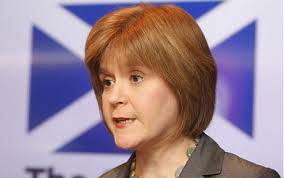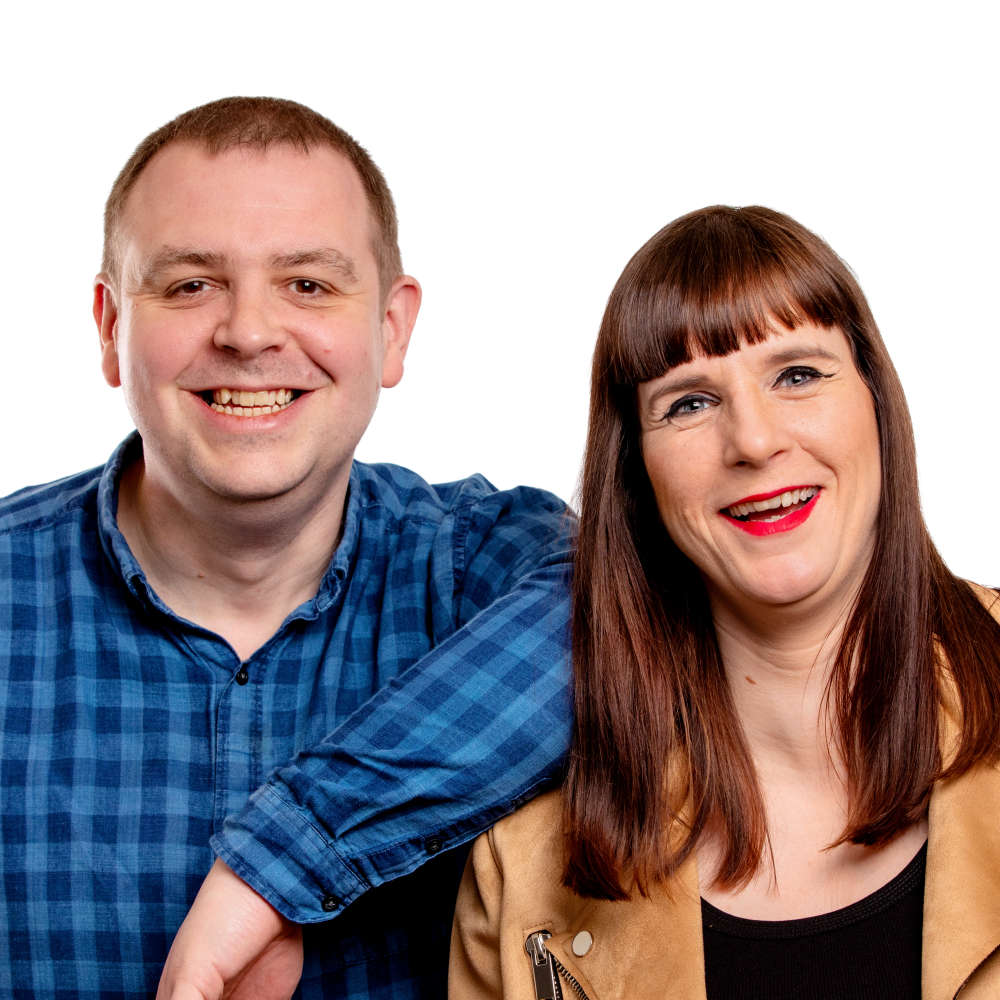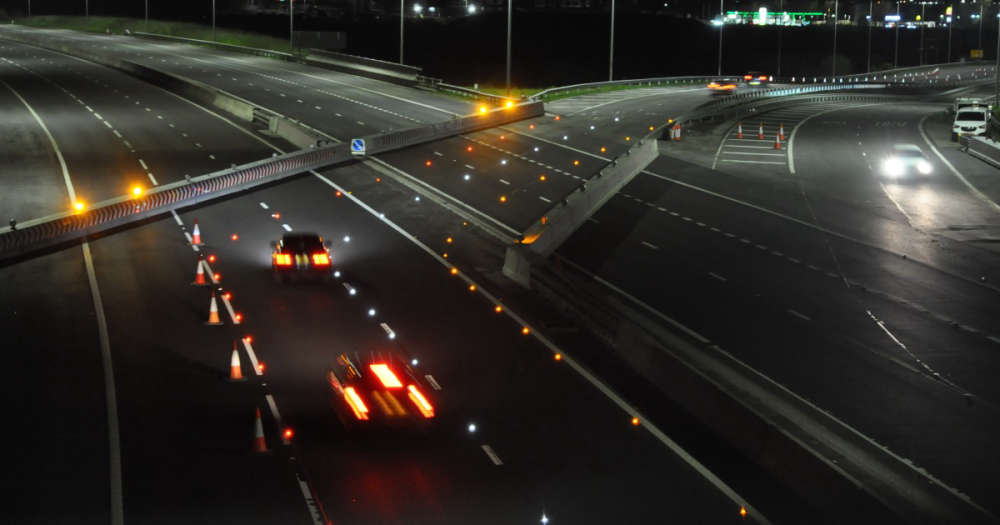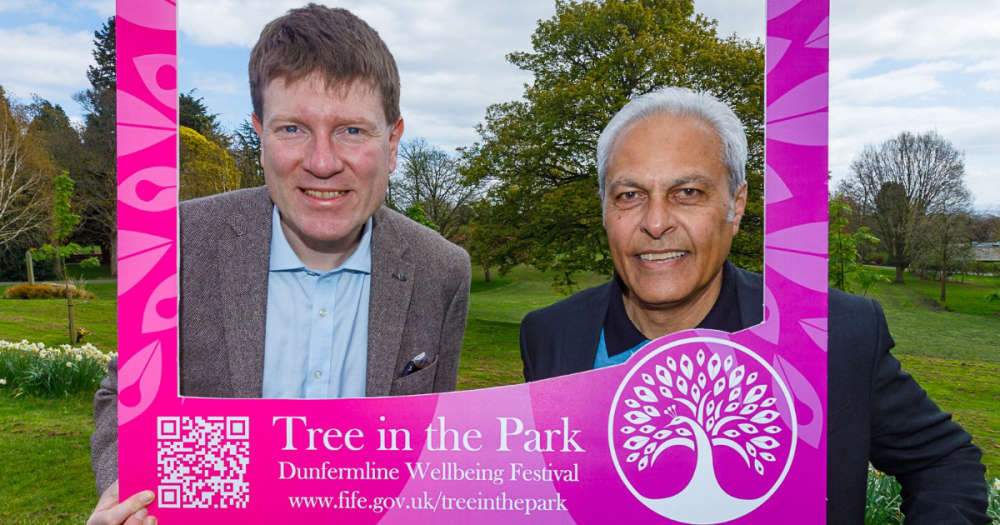
Nicola Sturgeon says broadcasters in Scotland have yet to catch up with the consequences of devolution.
The First Minister will address the Edinburgh Television Festival today.
She wants BBC Scotland to move to a federal structure and says a dedicated mainstream channel should be established north of the border.
Ms Sturgeon is calling for consensus on reform and says the current financial landscape should not be a barrier to the BBC doing things differently
The First Minister will say: “The UK has changed dramatically since devolution; but broadcasters are still catching up with its consequences. And although that poses questions for all public service broadcasters, the issue is maybe most acute with the BBC.
“We’ve seen progress in recent years. For example the share of network commissions from Scotland is far above 2006 levels. But that progress has been slow - it’s time to be ambitious.
“Scotland, the BBC and all the nations and regions of the UK have the right to expect something truly radical from the charter review. A tight financial settlement cannot be a reason not to do things differently.
“A BBC that puts forward a bold proposal for Scotland, for the nations and regions, and for the UK will have in us a strong and willing ally. A BBC that offers piecemeal solutions will fail to meet the demands or restore the trust of Scottish audiences.
“I believe the BBC should move to a more federal structure, with separate boards for each of the nations and each of the national boards represented on the UK board.
“Those changes would have important long term benefits but they need to go alongside improvements to programming. Scotland is an outward looking, internationalist country, intensely interested and active in the world around us - but we also want to see ourselves, our daily experiences and our national story, more fully reflected on our radios and television screens.
“For example, Radio Scotland currently has an almost impossible job – it’s one station trying to reflect the life of an entire nation. And it does it well. But a second English-language radio service would provide a greater variety of programmes. And because the two channels could specialise more than Radio Scotland does, they would have stronger and more distinct identities.
“And it is essential that we look at television services for Scotland. The BBC has a very successful partnership arrangement with the Gaelic broadcaster, MG ALBA. BBC Alba reaches an audience of 700,000 people across the country. When you consider that census returns suggest that there are just 60,000 Gaelic speakers in Scotland, that’s a hugely impressive performance on a very limited budget. And it demonstrates a much wider demand and desire for Scottish content.
“So we believe that a distinct BBC Scotland TV channel should be created - empowering BBC Scotland as never before. It would help to secure the sustainability of the independent production sector in Scotland, it would see more of the licence fee spent in Scotland, but more importantly, it would by some distance, be the best way of making a wider and richer range of content available to viewers in Scotland.”
The First Minister will conclude: “One of the things the last 12 months has demonstrated, is that the old model of public service broadcasting - important though I think it is - doesn’t work well enough. It no longer reflects the complex, varied and rich political and social realities of the UK.
“And so any BBC Charter Renewal which does not respond to the different needs of the nations and regions simply won’t be sustainable between now and 2027.
“That’s why the Scottish Government wants to build a consensus behind constructive change. We will encourage the widest possible level of debate within Scotland on charter renewal. And we will work with the UK Government and the BBC to achieve the best possible outcome for viewers in Scotland and across the UK.”


 Closures on A92 from TONIGHT for roadworks
Closures on A92 from TONIGHT for roadworks
 Queensferry Crossing diversion trial a success
Queensferry Crossing diversion trial a success
 ‘Tree in the Park’ festival promotes wellbeing in Dunfermline
‘Tree in the Park’ festival promotes wellbeing in Dunfermline
 9°C
9°C
 11°C
11°C